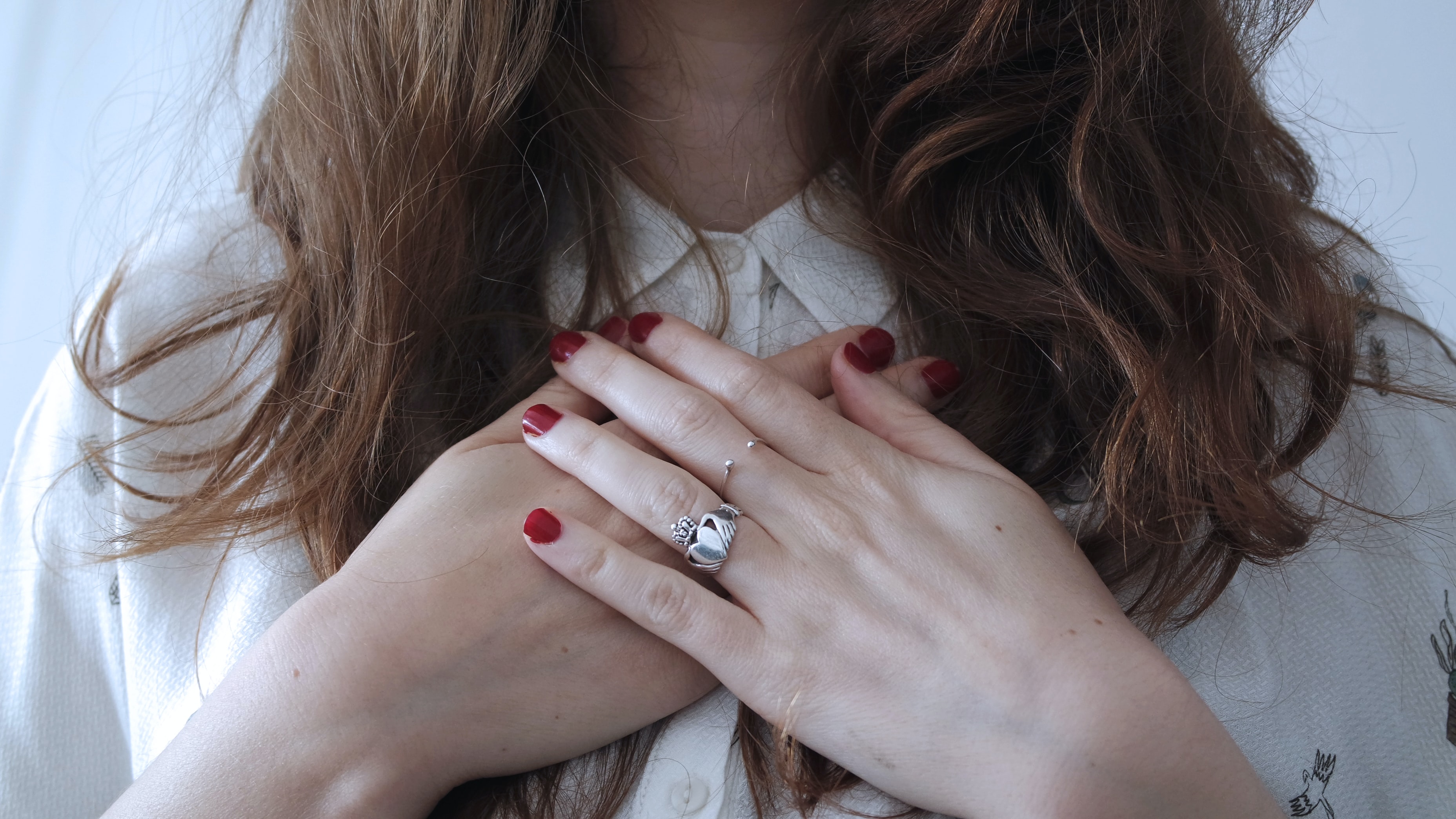
Our brains are wired for survival. That means we naturally gravitate toward things that are comforting and familiar. On the flip side, the unfamiliar— like the time we’re living in right now—can give rise to fear and anxiety, which a lot of us are feeling during this coronavirus pandemic. Fear isn’t inherently bad—again, our brain is looking out for us!—but we need tools to help us manage it.
One of those tools is practicing kindness to yourself. That doesn’t mean giving in to things like overeating and overdrinking. It means having a sense of wakeful attention to what you really need, moderating and adjusting what works. It means looking for the middle path—not too much, not too little. It means treating yourself with care. Because let’s face it, we’re not experienced with facing a pandemic, so we don’t fully know how to manage it. You are not alone.
Whether you’re working from home for the first time, homeschooling your kid(s), or single and facing too much alone time, you’re undoubtedly navigating new challenges. As you greet these challenges, be kind to yourself. Kindness towards yourself creates confidence. It allows you to befriend yourself and expand into uncertainty knowing that you’ve got your own back!
Here are six smart ways to navigate uncertainty with kindness towards yourself:
1. Practice Non-Harmful Thinking.
You can practice non-harmful thinking by watching thoughts come and go. Beating yourself up for what you haven’t done or aren’t doing probably hasn’t motivated you, right? So, let go of thoughts like I’m going to gain the quarantine 15 or I can’t get anything done. Gently let harmful thoughts pass like a bird in the sky that leaves no trail. Next, try replacing these thoughts with ones that start with a more realistic view, “I’m doing my best…” What are you doing well?
2. Witness Emotions Without Identifying With Them.
There are moments in life that are hard, painful, scary and difficult to endure. It’s important to acknowledge your feelings and understand that these feelings are not who you are. For example, when anxiety arises, instead of becoming an anxious person, witness the sensations as if you’re watching a movie on a screen. There is a difference between, “I am an anxious person” vs. “I experience anxious feelings.” Can you acknowledge your emotions and make space for a range of feelings to arise?
3. Turn Adversity into Awakening.
When we no longer can handle the pain of discomfort, we become willing to do things differently. It’s through challenges that we develop new skills and GROW. Uncertainty unlocks creativity, wonder, and new awareness. When we are out of our comfort zone, it’s inevitable we are learning new skills. Whether it’s cooking a new dish, leading a virtual meeting, being present with your kid(s), working out at home, etc. What are you able to now that you didn’t think you could do before?
4. Everything Has a Beginning, Middle, and End.
Know that this too shall pass. Nothing is permanent. Often when we’re in the thick of a challenge, it can feel as if there’s no light at the end of the tunnel. The nature of reality is everything is constantly changing. This pandemic will be one day be a memory. What do you want to create now?
5. Focus is Power.
There are things we can control and things we can’t. We can’t control the state of the world. But we can control where we focus our energy. When we are in a state of fear or survival we tend to hyper-focus on ourselves, worry about what we don’t have, and overreact. A simple way to manage what we focus on is to think about what we can do for others. Can you reach out to a friend and check-in on them? Can you donate to an organization that supports COVID-19?
6. Double Down on Gratitude.
It’s easy to take things for granted when things are going well, but when we don’t have the comforts we normally have, we might suddenly appreciate a commute we used to hate, going grocery shopping without wearing gloves, hugging our friends, and more. What are you grateful for now that you took for granted before?
Treat yourself with kindness, make friends with uncertainty, and dance with it. No two days are going to be the same. Some days you might be too tired to exercise, other days you might need lots of movement. Listen deeply to your needs. Unconditional confidence comes from an unconditional friendship towards ourselves.
Spiritual teacher and Buddhist nun, Pema Chodron once said: “What you do for yourself, any gesture of kindness, any gesture of gentleness, any gesture of honesty and clear seeing toward yourself, will affect how you experience your world.”
Allow these practices to cultivate an attitude of kindness towards yourself during this time of uncertainty.

